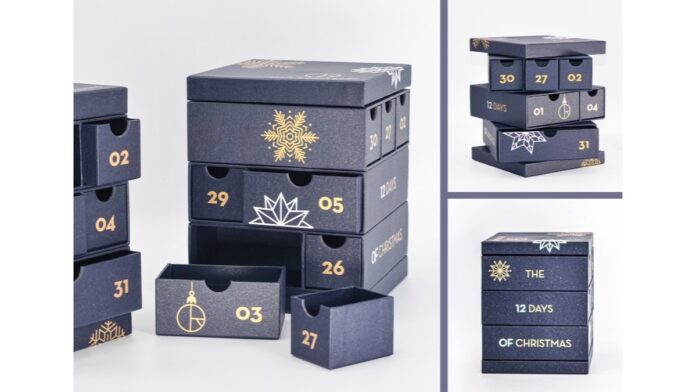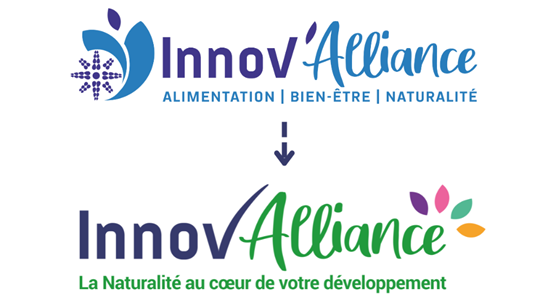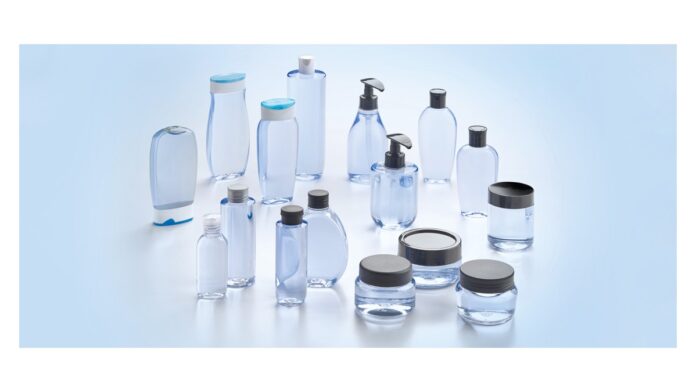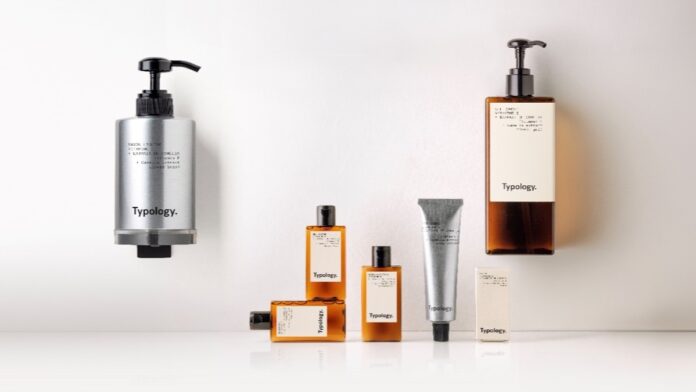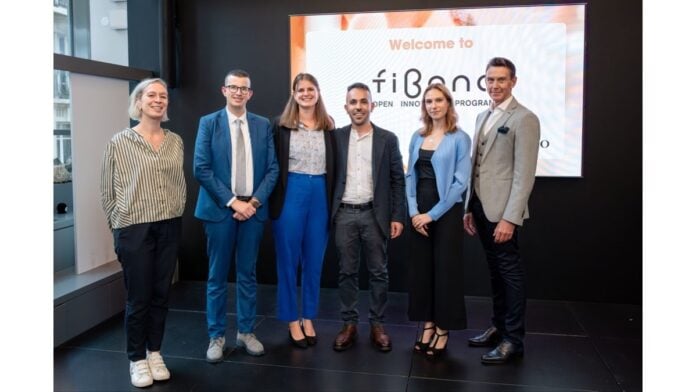Specialist in international hospitality products, Groupe GM has announced its collaboration with French skincare brand Typology.
Typology is launching its very first hotel line, building on its status as a "digital native" brand, renowned for its short, effective and minimalist formulations, and its ingredients that respect health and the environment.
This new hotel line combines minimalist formulations with a high natural content, presented in environmentally-friendly packaging that enhances the brand's aesthetic appeal.
The packaging for this new Typology line reflects the brand's DNA, with monochrome color schemes, clean lines and design elements with a modern aesthetic.
The hotel line's fragrance offers top notes of orange and mandarin, "blending into delicate heart notes of mandarin blossom and jasmine petals, anchored by a warm base of vanilla and woody musk. This composition creates a welcoming, memorable ambience that resonates with the sophisticated traveler," says Groupe GM.
Clean formulations
Tested under dermatological control, the formulas in this new line are PEG-, sulfate- and silicone-free. They are also certified vegan, GMO-free, gluten-free, RSPO-certified for solid soaps, and contain up to 98 % of natural ingredients.
Each formula is enriched with panthenol (vitamin B5), appreciated for its moisturizing properties, and camellia extract, recognized for its nourishing benefits. In addition, the body lotion is reinforced with shea butter, recognized for its nutritive qualities.
Sustainable packaging
Typology products are offered in eco-responsible packaging, such as the patented Ecofill large-format dispenser, designed to be durable, clean and practical. This 300 ml refillable aluminum dispenser uses recyclable, sealed 8 g monoplastic pouches to prevent bacterial contamination, guaranteeing product quality and traceability. The "Stay Clean" system optimizes the refilling process, increases housekeeping efficiency and maintains high standards of hygiene and quality.
The Ghost dispenser is also part of the range. In a new, modern rectangular shape specially designed for this line, this GM Group t container matches the Typology brand identity. Made from recycled plastic, it is mounted on a concealed rail to create a "floating" visual effect, enhancing bathroom aesthetics.
Small-format products such as recycled plastic bottles and aluminum tubes complete the line.
The Typology hotel line is part of Groupe GM's "Care about Earth" program, reflecting a commitment to eco-responsibility.
"We are delighted to be working with such a renowned skincare brand as Typology and equally proud that they have trusted us to launch their first hotel line. This partnership will enable us to introduce more eco-responsible hospitality products to our customers, while respecting the level of luxury and quality expected from Groupe GM. This line deeply reflects the core values of both our companies, and enables hotels around the world to pamper their guests with carefully crafted hospitality items, with attention to detail and a strong personal touch." said Laurent Marchand, President of GM Group.





